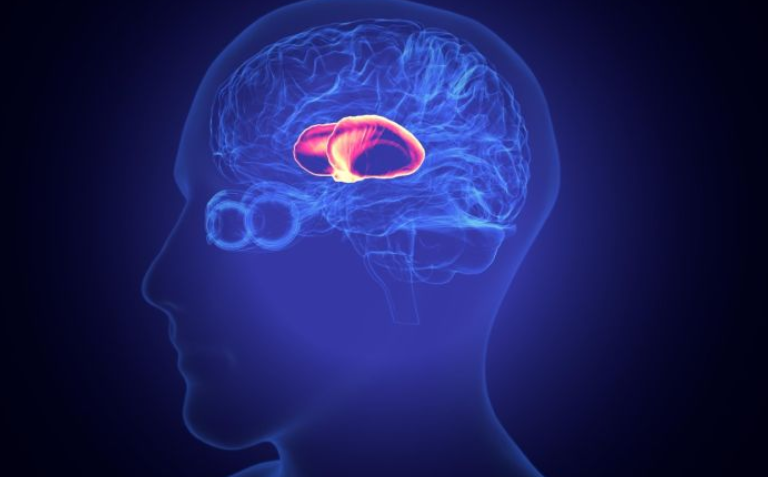
EPFL is locating single neurons that monitor and regulate the heart and lungs
Share this article
EPFL neuroscientists have located single neurons in a deep structure of the brain that regulates the heart and the lungs, a first detection in humans. The results shed light on how the brain-body system self-regulates both vital bio-rhythms.
EPFL neuroscientists, in a collaboration with surgeons and neuroscientists at West Virginia University Rockefeller Neuroscience Institute and at the University of North Carolina at Chapel Hill, show that single neurons deep in the human brain, in two thalamic nuclei and the subthalamic nucleus, encode vital physiological signals from the heart and lungs, providing the first direct evidence of this in humans. The results are published in PNAS.
“Neural connections between the body’s inner organs and the brain had been hypothesized based on rare animal research and existing anatomical work,” explains first author Emanuela De Falco of EPFL’s Laboratory of Cognitive Neuroscience, led by Olaf Blanke. “We found that cardio-respiratory signals affect a large portion of neurons.”
Marco Solca, co-first author of the study continues, “Locating these neurons is relevant since it sheds light on how this body-brain communication happens in the deep brain.”
Communication between the body and brain is also known to be relevant for several important cognitive and affective processes as it influences, for example, visual detection, emotional regulation and decision-making. Dysfunction of the body-brain communication is recognized as an important feature of various mental health conditions, including anxiety, mood, eating, and psychosomatic disorders.
Source: press release